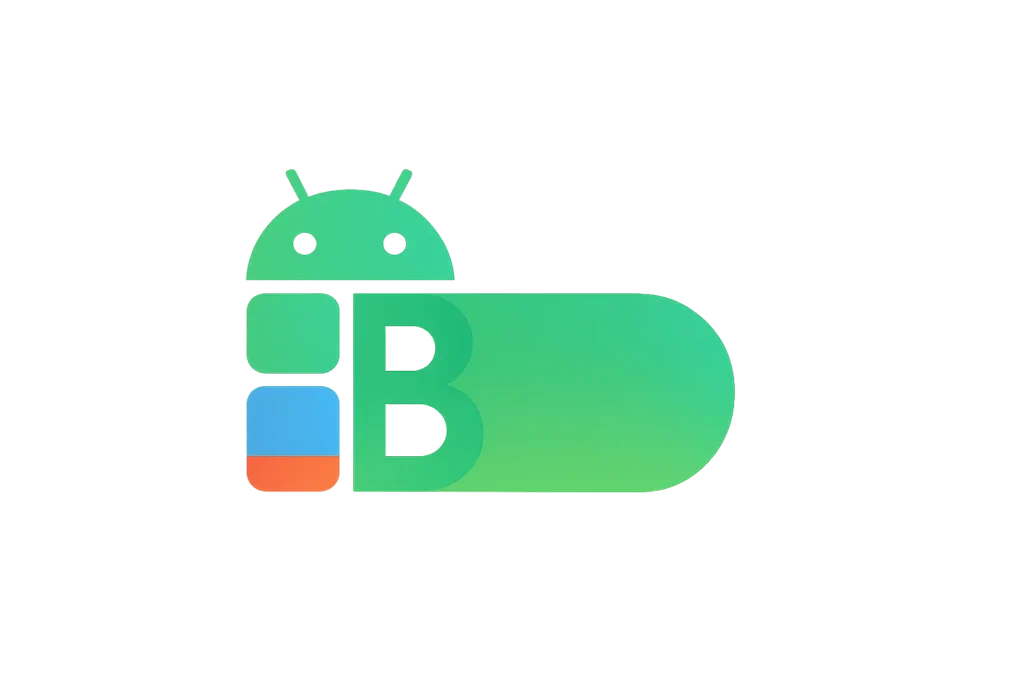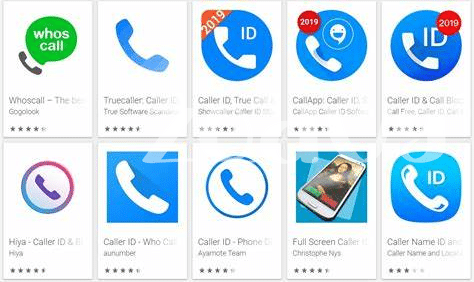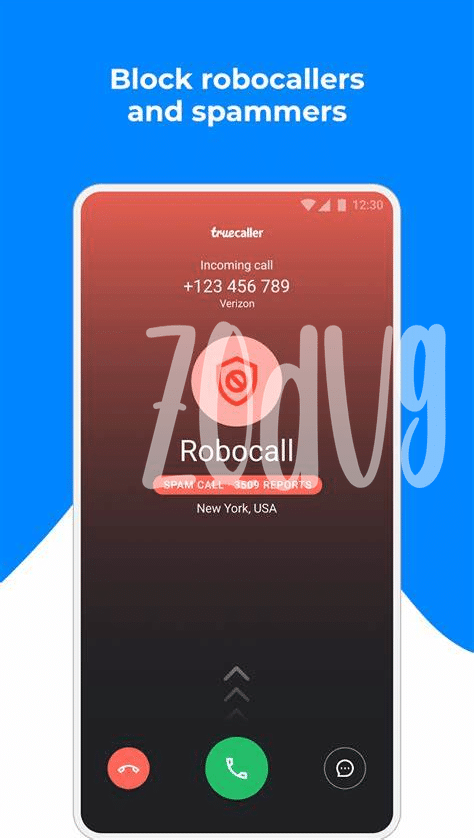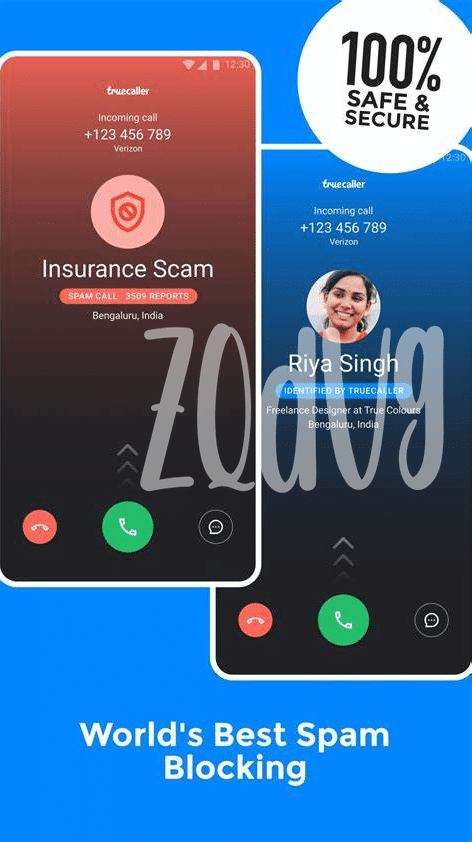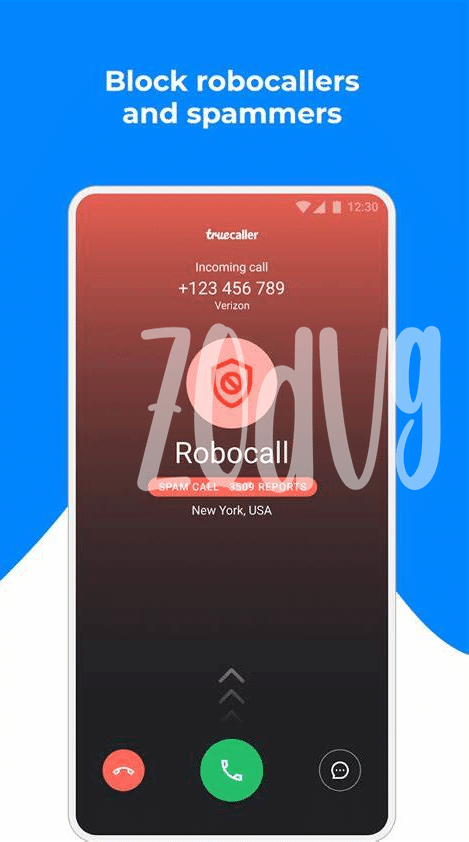
Table of Contents
Toggle- Unveiling the Basics: Free Vs. Paid Caller Id 📲
- Hidden Costs of ‘free’ Caller Id Apps 💸
- Premium Features: Are They Worth It? 🔍
- User Privacy: Free Vs. Paid Trade-offs 🔐
- The Battle of User Interfaces: Simplicity Vs. Ads 🖌️
- Long-term Value: Updates and Support 🔄
Unveiling the Basics: Free Vs. Paid Caller Id 📲

Imagine trying to decide between grabbing a bite off the street cart or dining at a fancy restaurant. That’s kind of like choosing between free and paid caller ID apps for your Android device. The free versions 🍔 are like street food – quick, easy, and, well, free. They let you see who’s calling without digging into your wallet. But sometimes, they come with a side of ads or in-app purchases that might not be so appetizing. On the other end of the spectrum, paid apps 🍽️ are your gourmet meal, offering more features and no ads, but at a cost. Whether it’s about having a cleaner plate without ads or getting more bells and whistles like spam number blocking and call recording, the debate is real. Think of free apps as the sampler and paid apps as the full-course, each vying for a spot at your table.
| Feature | Free Caller ID Apps | Paid Caller ID Apps |
|---|---|---|
| Cost | $0 – may include ads | Varies – typically ad-free |
| Extra Features | Limited | Extensive |
| Privacy | May collect data | Often more privacy-focused |
| User Experience | Potential ad interruptions | Smooth and streamlined |
Hidden Costs of ‘free’ Caller Id Apps 💸
When you download a caller ID app for free, you might think you’ve hit the jackpot — no cost for the perks of screening calls! Unfortunately, there’s often a catch. These apps might not charge you money upfront, but they do cost you in other ways. For starters, you might have to watch ads every time you get a call, which can be both annoying and time-consuming. Plus, some of these apps may collect your data quietly in the background and even share it with third-parties for marketing purposes.
The true expense, however, comes when the app’s performance starts to wane. Without updates or reliable support, your “free” app can quickly become obsolete, leaving you open to spam calls. To make matters even more frustrating, the features you started with can become locked behind a paywall, pushing you to spend money after all to keep the level of service you’ve grown used to. It’s like going from cruising on the highway to being nudged down a toll road. If you want to explore the latest in tech without the hidden costs, take a peek at the Garmin GPS app for Android for a different kind of upgrade.
Premium Features: Are They Worth It? 🔍
Imagine you’re stepping into a candy store where everything looks tempting, but the best sweets are tucked away behind a glass cabinet, labeled for a special price. That’s a bit like what happens when you look at caller ID apps that ask for a few bucks. You wonder, are those sparkly features behind the paywall actually worth your hard-earned cash? You’re not alone in pondering this. The apps that cost money generally promise an ad-free experience, with bonuses like deeper lookup services that dig up more info about unknown numbers. Plus, some offer more frequent updates, keeping their directories fresh and accurate.
Now, think about a peaceful afternoon with zero interruptions. No ads, just you and your phone, knowing exactly who’s trying to get in touch. This could be your reality with a paid app. Moreover, paying customers often get the VIP treatment, with better customer support and additional layers of data security, keeping your searches and personal information out of the public eye. It’s about balancing immediate savings against the smoother, perk-rich experience that could save you from spam calls in the long run.🛡️🔎🤔
User Privacy: Free Vs. Paid Trade-offs 🔐
Imagine this: you download a caller ID app thinking, “Great, this is free!” But wait, you may be handing over more than just your annoyance at spam calls. With free apps, yeah, your wallet stays full, but sometimes your privacy flies right out the window. Some of these freebies make their money by sharing your data – think of it like a trade. Now, if you go for a garmin gps app for android, you’re paying up front, yeah? But often, that means they treat your data with kid gloves. No sly data-sharing shenanigans. So you’ve gotta ask yourself, “Is my privacy worth the price of a cup of coffee a month?” 🤔💰🔓
The Battle of User Interfaces: Simplicity Vs. Ads 🖌️
When you tap on a caller ID app, you expect to see who’s calling, but with free apps, you’re often greeted with a screen crammed with flashing ads instead of a name. 😣 It’s like trying to find a friend in a crowded bus, where ads keep shoving in front of you. On the flip side, paying a few dollars for an app often cleans up this view, offering you a calm space where the caller’s information is the star of the show, no ad-bombs in sight. It’s the difference between a peaceful coffee shop and a noisy marketplace. But is a cleaner experience worth reaching into your pocket? As users, we need to decide if we can live with the visual noise or if we crave the serenity that comes with a premium app. 🤔
| Feature | Free Caller ID Apps | Paid Caller ID Apps |
|---|---|---|
| User Interface | Ad-heavy, often cluttered | Clean, straightforward |
| Usability | Can be frustrating due to ads | More user-friendly, no ad interruptions |
| Overall Experience | Compromised by ads | More pleasant and efficient |
Long-term Value: Updates and Support 🔄
When choosing between free and paid caller ID apps, think about the long run. Free apps might seem easy on the pocket at first, but they often lack consistent updates and user support. 🔄 With paid apps, it’s a different story. Often, the money you spend goes towards keeping the app up-to-date, fixing any pesky bugs, and making sure it runs smoothly with the latest phones and operating systems.
Quality support is also a key part of the paid experience. If something goes wonky, you’re more likely to get a helping hand, and fast. 🛠️ Free apps might leave you hanging, waiting for answers in online forums. Paying for an app can mean the difference between solving your problem quickly or being left to figure it out on your own. 🤔
